Five classics of American literature to appeal to all ages.
1
1913 novel set on the Great Plains, where families struggle to keep their farms afloat and food on the homestead table. Alexandra Bergson makes a strong, intelligent heroine who devotes her life to keeping the family going when other immigrants are admitting defeat and returning to the city. A short book that nevertheless gives a sweeping impression of history. "There are only two or three human stories," writes Cather, "and they go on repeating."
2
London lived a remarkable life, and wrote many books – but the one that has really lasted is this tale about a pet dog who learns to be wild again in gold rush-era Alaska, after he is stolen to work as a sled dog. London went to Alaska during the rush, trying to make his fortune, but like so many he came home a few months later, deathly ill and having spent all his existing money on survival.
3
A foundation rock upon which much nature writing was later based, and an insight too into the American individualist mindset. I see a lot of him reflected in the wonderful work of Edward Abbey, for example. Thoreau believed in self-reliance (though he benefitted much from the charity of others, in reality) and in rejecting the 'consumerist' society. It is an anti-establishment masterpiece, and Thoreau is inspiring in his hardheadedness pursuit of solitude and beauty, even if I find some of his opinions about society and social responsibility (or, lack of) tiring.
4
Tale of sisterly love and rivalry written in the mid-19th century – but could equally well apply to a busy family home today. The brilliant female archetypes transcend decades: are you a Jo, a Meg, a Beth or an Amy? (I'm a Jo.) Best not considered a morality tale (lovely Beth does not do so well, spoilt Amy always gets her way) – but then, life is not a morality tale.
5
A memoir written by a man born into slavery in Maryland, who later escaped and became a high profile abolitionist. This book, published in 1845, was an instant bestseller and recalls the cruelty he experienced at the hands of his owners at the plantation where he was born, and his struggle to educate himself in a land where black people were kept deliberately ignorant.
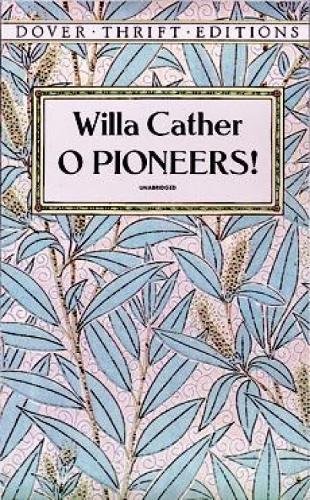
1
1913 novel set on the Great Plains, where families struggle to keep their farms afloat and food on the homestead table. Alexandra Bergson makes a strong, intelligent heroine who devotes her life to keeping the family going when other immigrants are admitting defeat and returning to the city. A short book that nevertheless gives a sweeping impression of history. "There are only two or three human stories," writes Cather, "and they go on repeating."
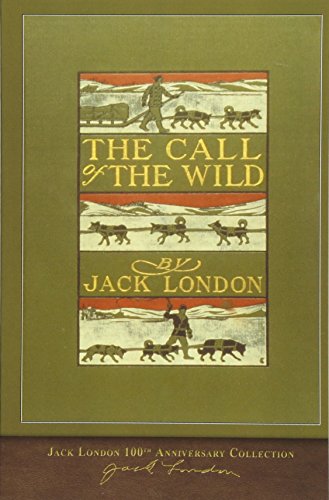
2
London lived a remarkable life, and wrote many books – but the one that has really lasted is this tale about a pet dog who learns to be wild again in gold rush-era Alaska, after he is stolen to work as a sled dog. London went to Alaska during the rush, trying to make his fortune, but like so many he came home a few months later, deathly ill and having spent all his existing money on survival.
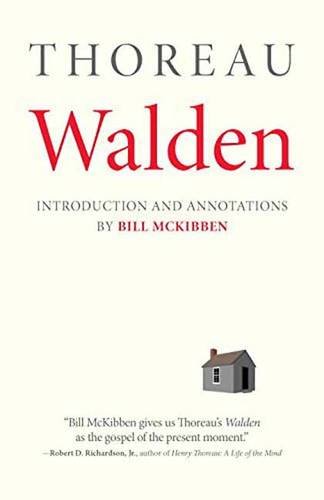
3
A foundation rock upon which much nature writing was later based, and an insight too into the American individualist mindset. I see a lot of him reflected in the wonderful work of Edward Abbey, for example. Thoreau believed in self-reliance (though he benefitted much from the charity of others, in reality) and in rejecting the 'consumerist' society. It is an anti-establishment masterpiece, and Thoreau is inspiring in his hardheadedness pursuit of solitude and beauty, even if I find some of his opinions about society and social responsibility (or, lack of) tiring.
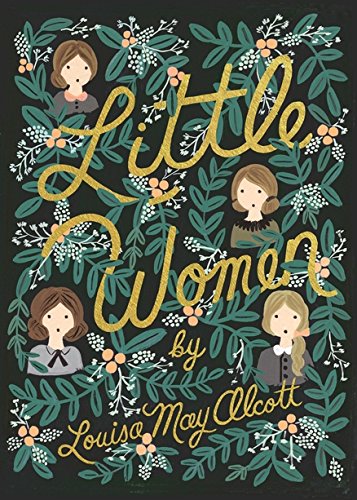
4
Tale of sisterly love and rivalry written in the mid-19th century – but could equally well apply to a busy family home today. The brilliant female archetypes transcend decades: are you a Jo, a Meg, a Beth or an Amy? (I'm a Jo.) Best not considered a morality tale (lovely Beth does not do so well, spoilt Amy always gets her way) – but then, life is not a morality tale.
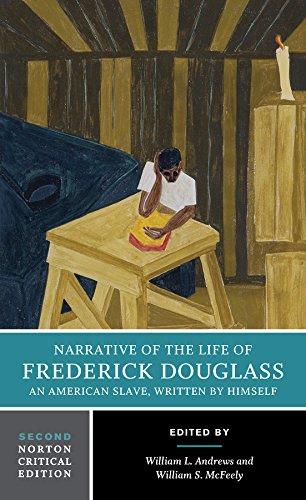
5
A memoir written by a man born into slavery in Maryland, who later escaped and became a high profile abolitionist. This book, published in 1845, was an instant bestseller and recalls the cruelty he experienced at the hands of his owners at the plantation where he was born, and his struggle to educate himself in a land where black people were kept deliberately ignorant.
© Five Books 2026